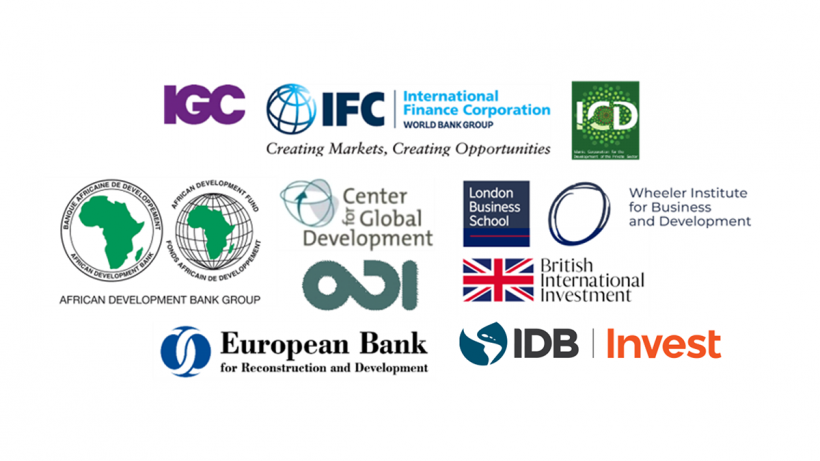
Does the local integration of foreign firms matter? Theory and cross-country evidence
Countries compete fiercely to attract foreign direct investment (FDI) with the expectation that FDI firms have a positive footprint on the local economy above and beyond the good jobs and TFP (Total Factor Productivity) boosts they bring about directly. Most of this footprint is expected to occur via local supply chains and knowledge spillovers from FDI firms along these chains. In this project, we bring evidence from the rich microdata of four countries at different levels of development (Uganda, Costa Rica, Turkey and Belgium) about the patterns of integration of FDI firms into their local supply chains.
Countries compete fiercely to attract foreign direct investment (FDI) with the expectation that FDI firms have a positive footprint on the local economy above and beyond the good jobs and TFP (Total Factor Productivity) boosts they bring about directly. Most of this footprint is expected to occur via local supply chains and knowledge spillovers from FDI firms along these chains. In this project, we bring evidence from the rich microdata of four countries at different levels of development (Uganda, Costa Rica, Turkey and Belgium) about the patterns of integration of FDI firms into their local supply chains. We then open the conversation guided by theory about the cases when these integration patterns are welfare-relevant and which integration patterns should be encouraged through policy (if any).
You can also listen to the audio event recording here:



